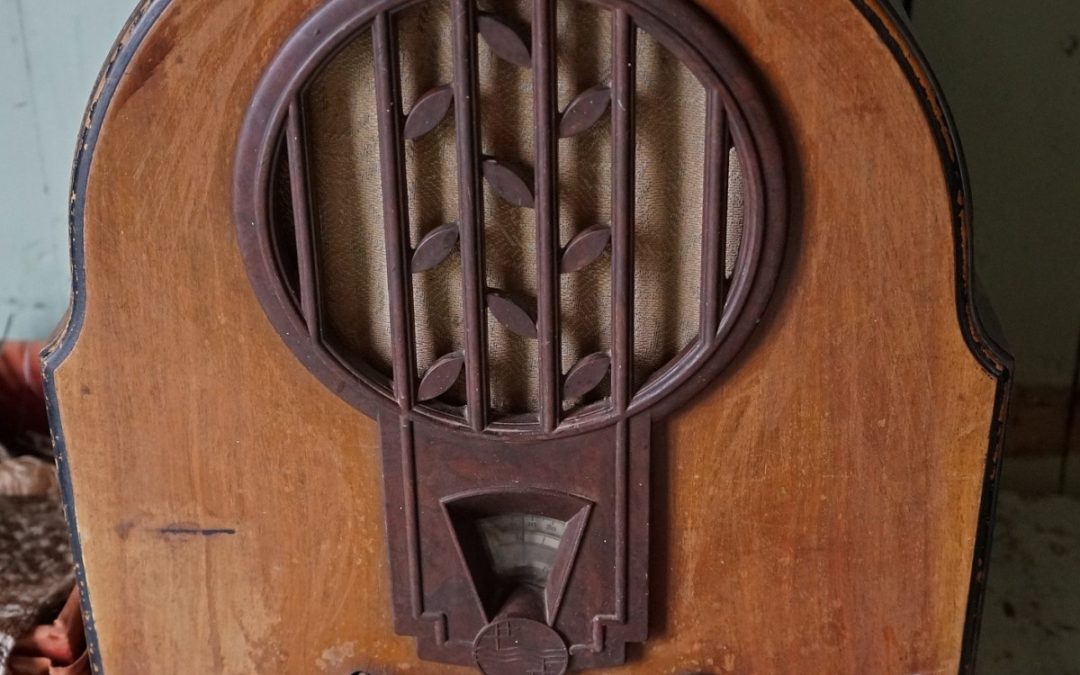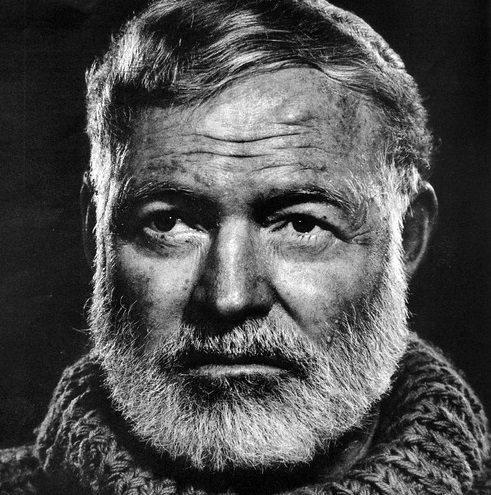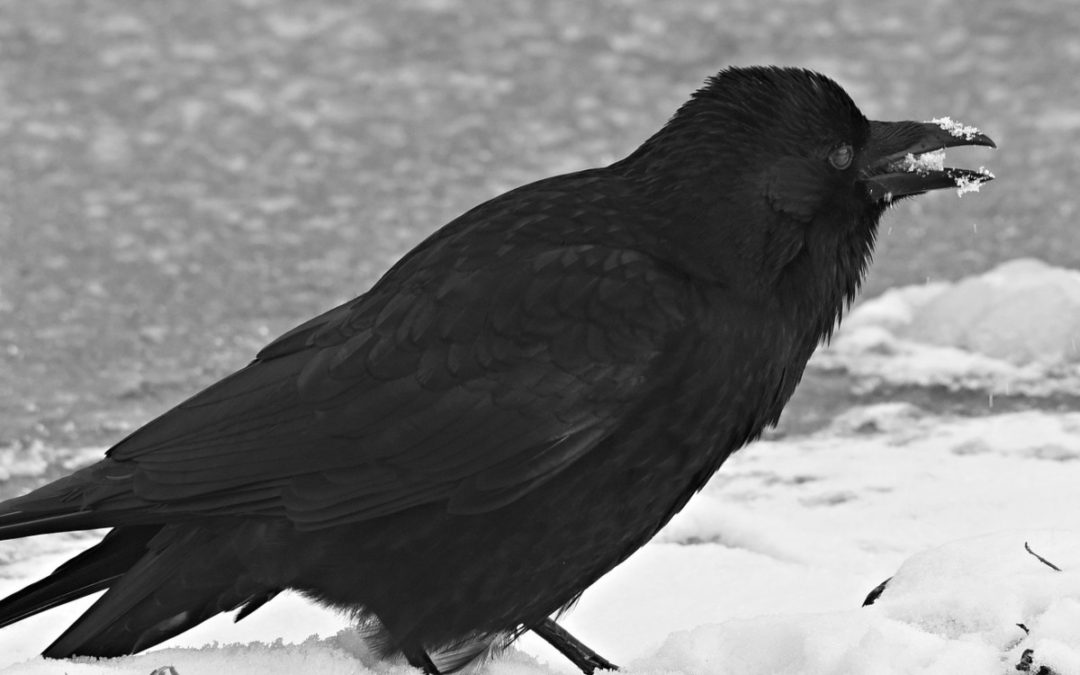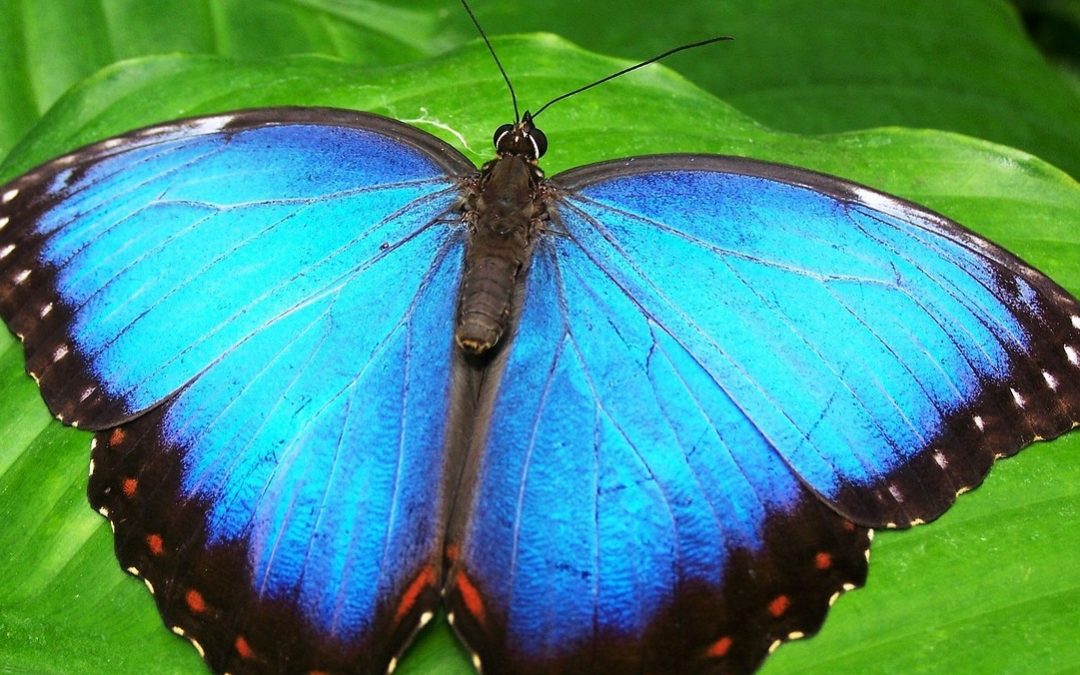
by Richard Subber | Mar 30, 2021 | Book reviews, Books, Joys of reading, Language, Poetry, Reviews of other poets
even baseball in the dark…
Home Team: Poems About Baseball
by Edwin Romond
West Hartford, CT: Grayson Books, 2018
You really don’t have to be a baseball fan to feel the joy that just won’t quit in Romond’s offering of romantic poems about baseball.
I mean romantic in the sense of the 19th century Romantic Era, when practitioners in most of the arts were focused on the many dimensions of intense emotion and esthetic experience.
You will discover that Romond’s poetry has so much of longing, and recognition, and acceptance, and the joys we can find in everyday life, and Home Team has many versions of all that.
My favorite is “Baseball in the Dark,” a ripe recollection of a young boy’s dream that he could again hear radio broadcaster Mel Allen’s “summer voice going, going, on and on…telling me baseball in the dark.” That would be a downright good thing to do, and Romond knows a lot of those things.
You can check out Romond’s poetry books on his website, click here.
* * * * * *
Book review. Copyright © Richard Carl Subber 2021 All rights reserved.
The poetic art of Grace Butcher
Poetry for reading out loud…
it’s that good
Book review: Child, House, World
My first name was rain: A dreamery of poems with 53 free verse and haiku poems,
and the rest of my poetry books are for sale on Amazon (paperback and Kindle)
and free in Kindle Unlimited, search Amazon for “Richard Carl Subber”
* * * * * *

by Richard Subber | Oct 30, 2020 | Language, My poetry, Poetry, Reflections
Really, you had to be there…
(my new poem)
Debut
Saucy streaks in brightened sky at dawn
frame enlightened trees on yonder sward.
The arching hues quickly pale
to common blues,
and slide below still darkened earth,
beneath the rim that hides
the great star of day.
March 13, 2016
I was on the road, alone, early, heading downhill, cool in the morning, I was thinking about breakfast…a single break in the tree line offered one glimpse of the hot sauce smeared across the lightening skyline. I didn’t have to stop to make any notes for a new poem. I mentioned everything to my friend at breakfast. The vitality of it was still quivering in my mind when I wrote this little bit later that day. Call it a nature poem. Or call it a love poem, if you’re in love with beauty.
Book review: Cleopatra: A Life
…don’t even think about Gordon Gekko…
click here
My poetry. Copyright © Richard Carl Subber 2020 All rights reserved.
In other words: Poems for your eyes and ears with 64 free verse and haiku poems,
and the rest of my poetry books are for sale on Amazon (paperback and Kindle)
and free in Kindle Unlimited, search Amazon for “Richard Carl Subber”

by Richard Subber | Jul 31, 2020 | Language, Tidbits
Bill had a way with words…
“Methought I heard a voice cry ‘Sleep no more!
Macbeth does murder sleep’, the innocent sleep,
Sleep that knits up the ravell’d sleeve of care…”
Macbeth, Act 2, Scene 2
William Shakespeare (1564-1616)
I am not the heartiest Shakespeare fan in the world. You may agree with me that, often, a little bit of Shakespeare doth goe a longish way, ‘struth it be…
As well, agree with me that Bill was an indubitable master of the King’s English. Shakespeare added more words—hearty words, dumbfoundingly marvelous words—to our language than anyone else. I dare to say that everyone who speaks English mentions every day something that Shakespeare wrote.
This tidbit from Macbeth is a gift to language lovers everywhere. You don’t have to be a poet to recognize that “…knits up the ravell’d sleeve of care…” is a dazzling and profoundly experiential way to say “sleep heals.”
Anyone who nourishes a poetic muse can see that these words transform mundane familiarity with a domestic art into a vision of tender and urgent longing that fills a gaping hole in the mind.
I wish I’d said that.
* * * * * *
Copyright © Richard Carl Subber 2020 All rights reserved.
Book review: The Poems of Robert Frost
he hears those bluebirds talking…
click here
–
In other words: Poems for your eyes and ears with 64 free verse and haiku poems,
and the rest of my poetry books are for sale on Amazon (paperback and Kindle)
and free in Kindle Unlimited, search Amazon for “Richard Carl Subber”
* * * * * *

by Richard Subber | Jun 25, 2020 | Book reviews, Books, Joys of reading, Language
…relentlessly realistic dialogue…
(book review)
A Farewell to Arms
Ernest Miller Hemingway (1899-1961)
New York: The Modern Library, 1932.
It’s been a while since I read Hemingway.
A Farewell to Arms is a slow starter, and again I learned to pace myself without too much trouble. The action is restrained but steady, and again I realized gradually that a key element is the relentlessly realistic dialogue.
The American protagonist, Frederick Henry, is involved in every scene. The life of the book is his life. His recurring, desultory involvement in his own life and his role in the Italian Army in World War I is the backdrop of his elaborately recounted relationship with the nurse, Catherine Barkley.
A Farewell to Arms doesn’t really seem to be a war novel. On the other hand, except for brief interludes, the characters really don’t seem to be at peace. For Frederick Henry, it’s an ironic farewell.
* * * * * *
Book review. Copyright © Richard Carl Subber 2020 All rights reserved.
Book review: Seven Gothic Tales
by Isak Dinesen
lush and memorable stories…
–
Above all: Poems of dawn and more with 73 free verse poems,
and the rest of my poetry books are for sale on Amazon (paperback and Kindle)
and free in Kindle Unlimited, search Amazon for “Richard Carl Subber”
* * * * * *

by Richard Subber | Apr 5, 2019 | Book reviews, Joys of reading, Language, Poetry, Reviews of other poets
no need for a treasure map…
Book review:
The Poems of Robert Frost
With an Introductory Essay “The Constant Symbol”
by Robert Lee Frost (1874-1963)
New York: The Modern Library/Random House, Inc., 1946
In his opening essay, Frost says “…poetry…is metaphor, saying one thing and meaning another, saying one thing in terms of another, the pleasure of ulteriority. Poetry is simple made of metaphor.”
My copy of The Poems of Robert Frost is a treasure ship with two old, stained green covers. I’ve been reading it for more than 50 years. It’s a bit beat up, but when I open it, it shines.
I’m not reckless enough to name “my favorite” poem—I keep changing my mind as I read through them again. Frost is a teacher. He has found so many of the right words, and he has put so many of them in the right order.
I always enjoy “The Last Word of a Bluebird (as told to a child).” The Crow carries the little Bluebird’s final message to Lesley. In his low voice he brings word about the north wind and the impending winter cold that drives the Bluebird away. The compassionate bird urges Lesley to be good, and promises that “…perhaps in the spring/He would come back and sing.”
I’m waiting for the spring, and I have a good book to help me pass the time.
* * * * * *
Book review. Copyright © Richard Carl Subber 2019 All rights reserved.
Book review: The End of Greatness
Aaron David Miller comes up short…
click here
As with another eye: Poems of exactitude with 55 free verse and haiku poems,
and the rest of my poetry books are for sale on Amazon (paperback and Kindle)
and free in Kindle Unlimited, search Amazon for “Richard Carl Subber”
* * * * * *

by Richard Subber | Feb 20, 2019 | Language, Poetry, Reviews of other poets
utterly imaginable…
Robert Frost (1874-1963) is an endlessly interesting poet. His poems are lucid, re-readable, utterly imaginable, recitable, and literate, always scaled to humanity.
A bonus for readers is that Frost sprinkled heart-stopping phrases throughout his poems, for mere poets to remark. I’m always on the lookout for words, phrases, and images that turn my head around and make me say “I wish I had written that.”
Try this one:
“Why make so much of fragmentary blue/
In here and there a bird, or butterfly…”
As you can see, one thing a noteworthy poet like Frost does is this: talk in depth and with a few choice words about the everyday things that momentarily catch one’s eye, or make a toe tap…
Right now, “fragmentary blue” is my favorite color, I can see it, I think I’ll try to write it…
Here is Frost’s complete treatise on it:
Fragmentary Blue
Why make so much of fragmentary blue
In here and there a bird, or butterfly,
Or flower, or wearing-stone, or open eye,
When heaven presents in sheets the solid hue?
Since earth is earth, perhaps, not heaven (as yet)—
Though some savants make earth include the sky;
And blue so far above us comes so high,
It only gives our wish for blue a whet.
Robert Frost’s “Fragmentary Blue” was published in 1923. It is in the public domain.
* * * * * *
Copyright © Richard Carl Subber 2019 All rights reserved.
Book review: Shawshank Redemption
A world I do not want to know…
by Stephen King
In other words: Poems for your eyes and ears with 64 free verse and haiku poems,
and the rest of my poetry books are for sale on Amazon (paperback and Kindle)
and free in Kindle Unlimited, search Amazon for “Richard Carl Subber”
* * * * * *





